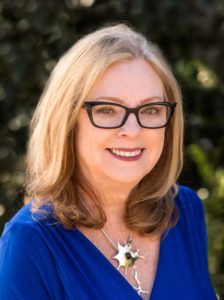 On Oct. 24, 2019, Dr. Janet Zadina will speak at Phelps Stokes Chapel at 3 p.m. This week’s convocation will discuss the single most important factor involved in learning and the difference between thinking and “real” learning, in the process, taking a look at the brain while engaged in learning. Through humor Dr. Zadina encourages the audience to see for themselves how the brain works and how to identify strategies to maximize learning, by learning more in less time.
On Oct. 24, 2019, Dr. Janet Zadina will speak at Phelps Stokes Chapel at 3 p.m. This week’s convocation will discuss the single most important factor involved in learning and the difference between thinking and “real” learning, in the process, taking a look at the brain while engaged in learning. Through humor Dr. Zadina encourages the audience to see for themselves how the brain works and how to identify strategies to maximize learning, by learning more in less time.
Zadina is an internationally renowned speaker, consultant, author, and former high school and community college teacher, known for her ability to inform, educate and empower audiences with scholarly resources and teachings. She earned a doctoral degree in education while conducting MRI research on neurodevelopmental language disorders at Tulane Medical School. There, she also completed a postdoctoral fellowship in cognitive neuroscience. Zadina is the CEO and founder of Brain Research and Instruction, where she teaches and models best practices in educational neuroscience.
She has been recognized by the Distinguished Fellow in the Council of Learning Assistance and Developmental Education Associations (CLADEA) and was awarded the Science Educator Award in 2011 by the Society for Neuroscience. Through her powerful and entertaining presentations and transformational workshops, Zadina is changing the way teachers, students and even business professionals understand and utilize the brain.